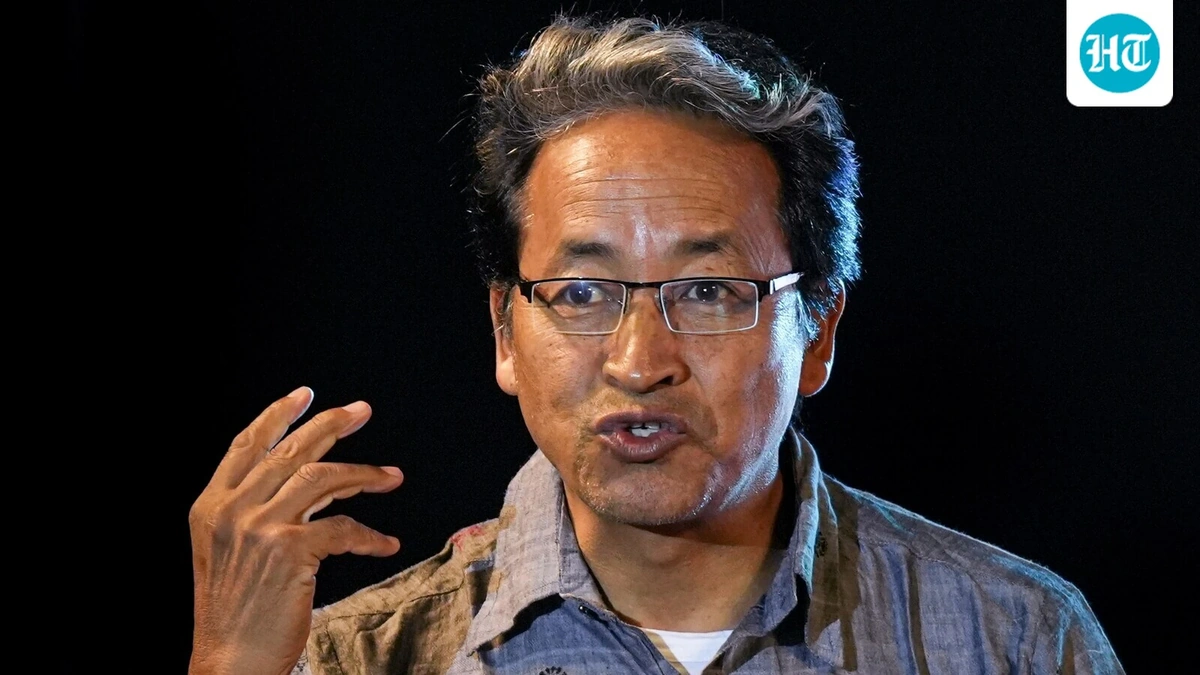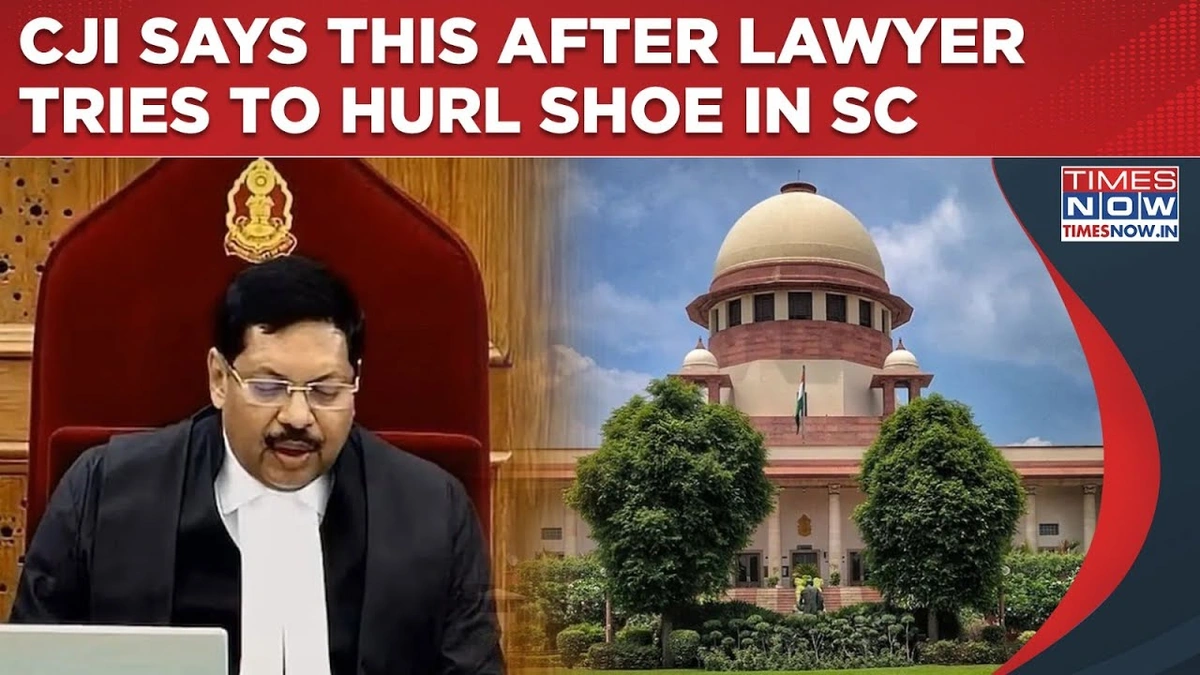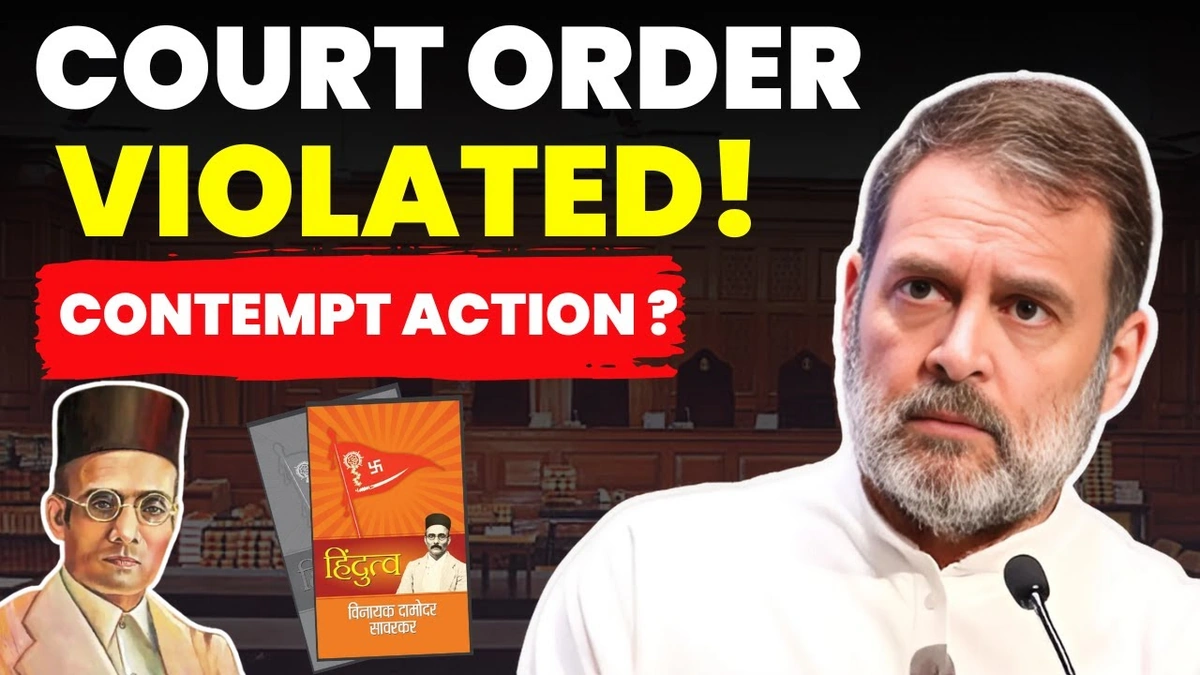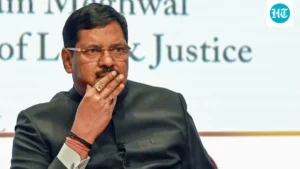The Charlie Javice Saga | More Than Just a Startup Scandal
The name Charlie Javice might sound like a character from a juicy Wall Street drama, and honestly, it kind of is. But beyond the headlines of alleged fraud and boardroom battles, there’s a deeper, more relevant story for us here in India. It’s a story about the wild west of the startup world, the pressures to achieve unicorn status, and the potential pitfalls of unchecked ambition. What fascinates me is how this saga reflects on the global landscape of startups and investments. And it’s a cautionary tale that every aspiring entrepreneur and investor should pay attention to.
The Dream, The Pitch, The Allegations

Okay, let’s rewind a bit. Charlie Javice burst onto the scene with Frank, a startup promising to simplify the process of applying for financial aid for students. The idea was slick: make it easier for students to access the funds they needed to pursue higher education. Investors lapped it up. JPMorgan Chase, in particular, saw potential and acquired Frank for a cool $175 million. But here’s the thing: almost immediately after the acquisition, things started to unravel.
The allegations? That Javice inflated Frank’s user numbers to an absolutely absurd degree to dupe JPMorgan into the acquisition. We are talking a gigantic difference, the kind that makes you wonder how it was ever allowed to occur. Here’s the thing; this entire situation is an important lesson about due diligence in mergers and acquisitions. According to court documents and reports from outlets likeThe Wall Street Journal, JPMorgan claims Frank had far fewer paying customers than Javice presented. The specifics are detailed and complex, but the bottom line is this: JPMorgan alleges they were sold a bill of goods based on fraudulent data.
Why This Matters to You | The Indian Startup Context
So, why should someone sitting in Mumbai or Bangalore care about a dispute in New York’s financial circles? Because the Charlie Javice story isn’t just an isolated incident. It highlights the very real pressures that startups face globally, especially in rapidly growing markets like India. The rush to secure funding, the pressure to demonstrate exponential growth, and the temptation to cut corners – these are all challenges that Indian entrepreneurs can relate to. I initially thought this was straightforward, but then I realized just how much the context affects Indian startups too.
The Indian startup ecosystem is booming, but it’s also intensely competitive. Many startups are chasing the same pool of investors, and the pressure to show impressive metrics can be immense. The Frank saga serves as a stark reminder of the importance of ethical practices, transparency, and rigorous due diligence – on both sides of the investment table.
Also, this isn’t just about startups trying to pull a fast one. Sometimes, investors push for unrealistic growth targets, creating a pressure cooker environment where ethical considerations can take a backseat. It’s a two-way street, and the Javice case highlights the need for a more balanced and sustainable approach to startup growth, especially when it comes to securing venture capital .
The Human Cost and the Future of Due Diligence
Let’s be honest: behind every headline about a failed startup or a fraud allegation, there are real people whose lives are affected. Employees lose their jobs, investors lose their money, and the founders themselves face immense personal and professional consequences. The Charlie Javice case is no exception. But,the ramifications go beyondindividual hardship. It erodes trust in the startup ecosystem as a whole.
One of the lasting impacts of this saga could be a renewed focus on due diligence. The process will be more rigorous. Investors are now more cautious. They will scrutinize data, verify claims, and demand greater transparency from startups seeking funding. This will inevitably lead to longer investment cycles, but it will also create a more sustainable and trustworthy environment in the long run.
What I think about is: how can we learn from this? How can we build a startup ecosystem that values integrity and sustainable growth above all else? That’s a question every stakeholder needs to ask themselves. Speaking of building, you may also want toread about Rajasthan Police Admit Card.
The Role of Regulation and Accountability
The Javice fraud allegations have naturally raised questions about the role of regulation and accountability in the startup world. Should there be more oversight? Should founders be held more accountable for the data they present to investors? These are complex questions with no easy answers. But one thing is clear: a completely unregulated environment can create opportunities for abuse.
Finding the right balance between fostering innovation and ensuring accountability is crucial. Overly strict regulations can stifle creativity and discourage risk-taking, which are essential for a thriving startup ecosystem. But a complete lack of oversight can lead to situations like the Frank acquisition , where investors are allegedly misled and the entire system suffers.
The conversation around startup accountability needs to extend beyond financial metrics. It needs to encompass ethical considerations, social responsibility, and the long-term impact of business decisions. Startups should be encouraged to prioritize sustainable growth and create value for all stakeholders, not just investors. It’s not about creating a utopia, but building a healthier ecosystem.
Conclusion | A Lesson in Humility and the Future of Startups
The Charlie Javice saga is a cautionary tale about the dangers of unchecked ambition, the pressures of the startup world, and the importance of ethical practices. It’s a story that should resonate with entrepreneurs and investors not just in New York, but also in Mumbai, Bangalore, and every other corner of the global startup ecosystem. The key takeaway? Sustainable success isn’t just about securing funding and achieving unicorn status. It’s about building a business on a foundation of integrity, transparency, and a genuine commitment to creating value for all stakeholders. And that’s a lesson that never goes out of style.
FAQ About the Charlie Javice Case
What exactly is Charlie Javice accused of?
Javice is accused of inflating the number of Frank’s users to mislead JPMorgan Chase into acquiring the company for $175 million.
What was Frank supposed to do?
Frank aimed to simplify the process of applying for financial aid for college students.
Why does this case matter to the Indian startup ecosystem?
It highlights the importance of ethical practices, transparency, and due diligence in a competitive startup environment.
What might be the long-term impact of this case?
It could lead to more rigorous due diligence by investors and a greater focus on ethical considerations in the startup world. Ultimately, this should lead to sustainable growth in venture capital backed companies .
Where can I find more information about the allegations?
You can find reports and court documents about the case on news outlets likeThe New York Timesand The Wall Street Journal, as well as legal databases.













